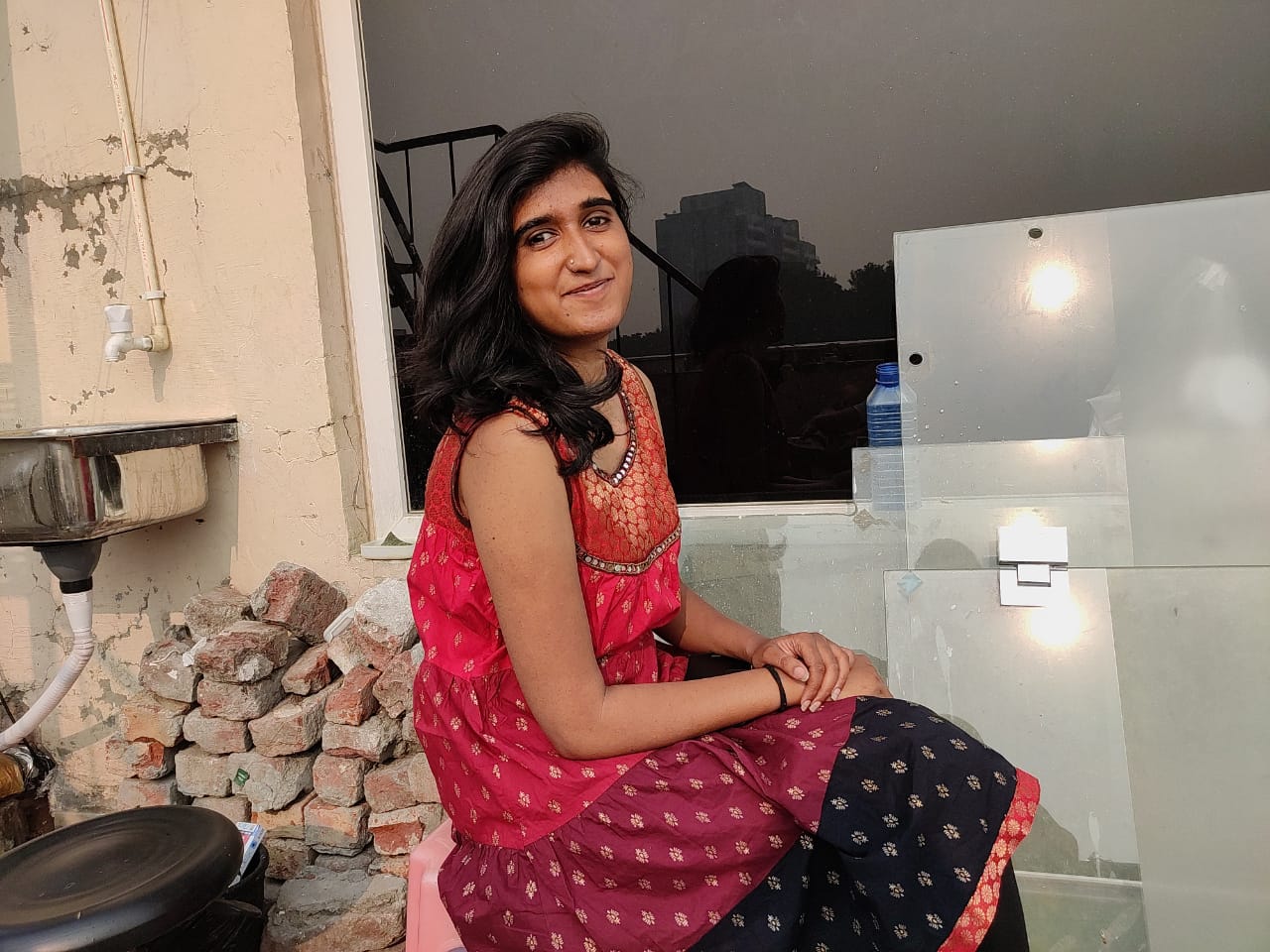In March 2017, I was diagnosed with tuberculosis.I am a lawyer by training and was working as a graduate fellow at a university in Bangalore. Due to ineffective treatment my disease progressed and a few months later, in July 2017, I was diagnosed with multidrug-resistant tuberculosis (MDR TB).
The gruelling treatment for MDR TB continued over 2 years. I faced depression as one of the many insidious side effects associated with drug-resistant TB treatment.I was surprised that not too many people spoke about this or wanted to address this. Doctors often dismissed it, families had trouble comprehending it and patients continued to struggle with it on a daily basis.
I found TB was physically and emotionally consuming. Depression, in a way, was also a kind of consumption, albeit not of the tubercular variety which causes muscle wastage, but it is consumption nevertheless in that it induces existential wastage.
I realised depression takes just as much of a toll on the patient as does the coexisting physical illness. Not surprisingly, TB patients struggling with depression are more likely to experience difficulty in complying with TB treatment.
I was fortunate enough to have a tribe of people –my family, my doctor, my therapist, friends and colleagues - supporting me through my TB treatment and the depression. I alerted my caregivers to what I was going through so I had a safety net in place. This is when Ireached out to survivor-led initiatives such as Survivors Against TB for tactical advice on managing the debilitating side effects of the treatment.
I work specifically on patient related issues such as depression and the mental exhaustion associated with TB treatment as easily manageable concerns. Patients are asked to be positive, optimistic, hopeful, even though the drugs are bringing them down. I believe that while cultivating a hopeful outlook is important for recovery, it is not enough. In the absence of a comprehensive treatment regiment, one that incorporates free counselling as an integral element, TB patients in India are left to their own devices.
